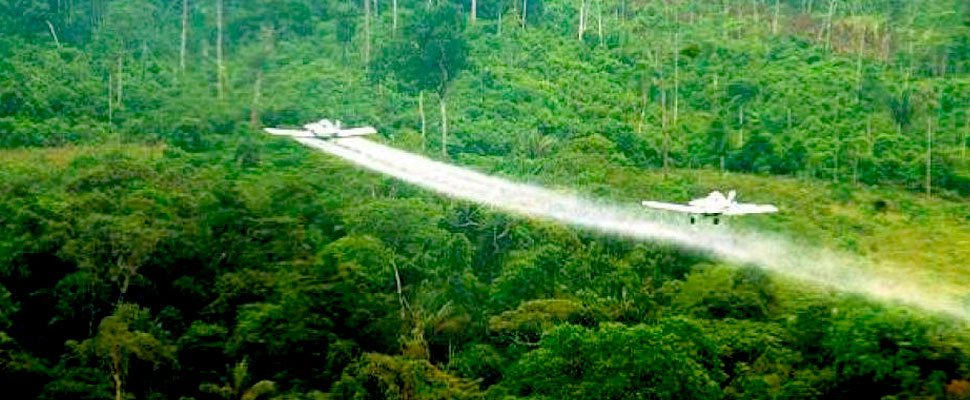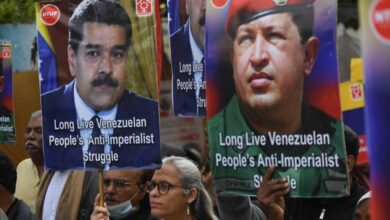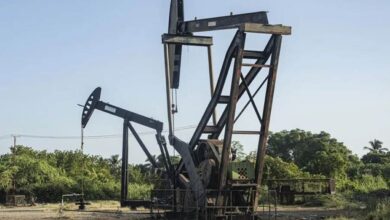Glyphosate: a social debate beyond politics
Listen this article
The use of glyphosate to eradicate illicit crops is harmful to health and generates a social and economic problem more expensive than other long-term methods

The debate in Colombia over the use of glyphosate to eradicate illicit crops has been on the table for years and there is still no winner. On the one hand, among its defenders, it is the president Iván Duque, who points out that the country faces a threat to public order due to the vertiginous increase of these crops during the last six years, arguying that aerial spraying is the most economical measure to solve the problem.
Leer en español: Glifosato: un debate social más allá de la política
In the list of defenders we can also find others with more interesting opinions, such as the Attorney General of the Nation, for whom the harmful effects of glyphosate are comparable to having hair dye.
On the other hand, at the public hearing held on the subject on March 7, Minister of Health Juan Pablo Uribe Restrepo, said that his portfolio has been responsible for carrying out rigorous monitoring of the regions where the herbicide has been used and has not corroborated major effects for health among the inhabitants, according to Radio Nacional.
However, the International Agency for Research on Cancer, an entity attached to the World Health Organization (WHO), published in 2015 a monograph of 112 pages that classified glyphosate in group 2A, that is, as a substance that is probably carcinogenic to the humans.
You may also be interested: Latin America could be a leader in renewable energies
Similarly, in April 2014, the Dutch parliament banned the sale of glyphosate to individuals, recognizing that some health problems such as infertility, birth diseases, and nervous system damage could be associated with the use of this type of chemical pesticides.
It is worth remembering that, although aerial spraying has been widely used, its effectiveness is very low or nonexistent, since glyphosate ends with coca leaves but does not prevent the seeds from germinating.
In fact, according to El Espectador, its social costs are very high: from effects on health such as those mentioned above that result in lower quality and life expectancy, to displacement of the population, water pollution, decrease in the availability of food, and damage to flora and fauna, which represent a reduction in productivity in general.
Our editorial team considers that glyphosate is extremely dangerous to health and that its use in illegal crops is no less dangerous than in normal crops. Although the doses are different, the continuous use by farmers is greater in time
We believe that new pesticides or alternatives that are not so harmful to humans and ecosystems should be sought. In fact, there are already organizations like Ecologists in Action that, after several studies, propose manual, mechanical and thermal methods that, although they are more expensive in the short term, are more effective and have much less adverse effects.
LatinAmerican Post | Editorial Team





